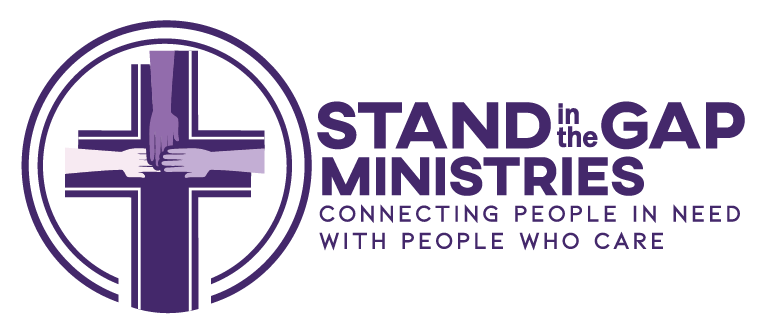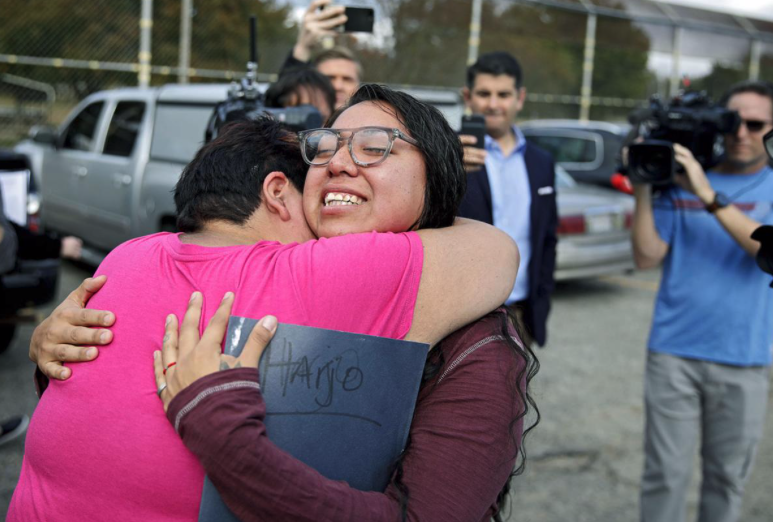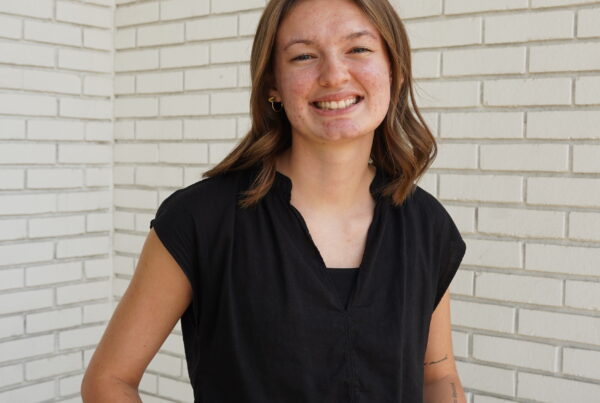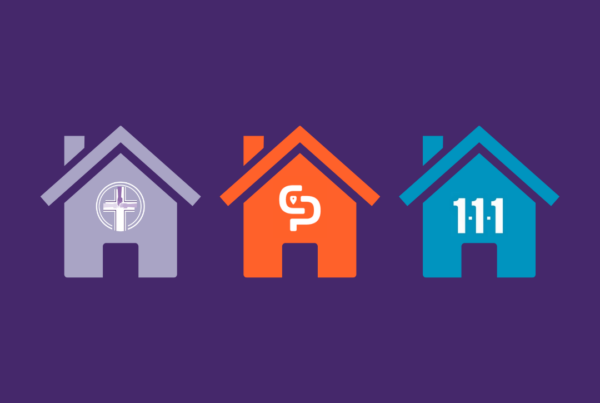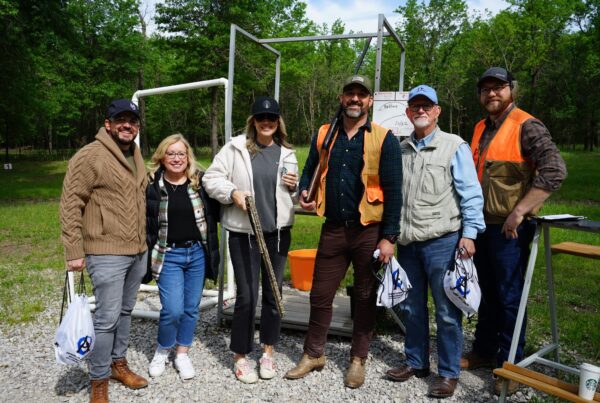This week, Oklahoma made history for the better.
In an effort to honor State Questions 780 and 781, which changed the status of certain offenses from felonies to misdemeanors, a group of lawmakers voted in January to apply the laws retroactively. With this application, the Oklahoma Pardon and Parole Board has been able to review commutations for those currently incarcerated for simple drug possession charges and non-violent property crimes totaling in value under $1000, both charges that were previously treated as felony offenses.
According to the Oklahoma Pardon and Parole Board’s webpage, a commutation is a “change of a sentence to one that is less severe… A commutation is intended to correct an unjust or excessive sentence.” Last Friday a total of 527 inmates received commutations, and in what Oklahoma lawmakers say is the largest single-day commutation is history, 462 non-violent inmates were released this Monday across the state.
For Stand in the Gap’s Women in Transition Program Director, Rhonda Bear, this historic release was indicative of a greater change happening in the state of Oklahoma. “We hear Oklahoma has been number one for incarcerating women for over 28 years, but what does that mean? It means more grandparents raising grandchildren, it means more children in foster care, and it means that 28,000 children are impacted each year by having an incarcerated parent.”
“This release is a message – it is time to make a change,” Rhonda says. “28 years of mass incarceration has not produced change. Oklahoma said it’s time to re-evaluate and commutation is part of the re-evaluation.”
Thanks to the collaboration of ministries, nonprofits, and government agencies, many of those released on Monday were issued state ID cards or current driver’s licenses. These efforts are a small exmaple of the greater needs these individuals will have as they transition back into civilian life, and are a reminder of the gaps created by the interruption of incarceration. The question remains – with numbers of this magnitude, how can we help these people thrive and not see a return to the lives that initially led them to incarceration? To put it simply – what now?
The answer is clear. Relationship. Only within the context of personal relationship can the unique needs of each individual be realized and met. According to Adam Luck, a member of the Oklahoma Pardon and Parole Board, CEO of City Care, and a member of the Board of Directors for the Center for Employment Opportunities, “What a lot of these individuals will need are all the factors that result from positive relationships. These are also the relationships that have been most formative for my heart and have informed the next steps I take in the work I do.”
Along with TEEM and the Center for Employment Opportunities (two organizations working to help those released Monday) Stand in the Gap’s Women in Transition is a vital resource for those recently released.
Women in Transition volunteers have the opportunity to provide both relational support and practical help to those recently commuted.
In the context of a Stand in the Gap spiritual family, women are able to work through healing, reunify with children, find safe housing, seek employment, and reintegrate into society with the support they need.
Our Women in Transition staff is unified in their desire to see this supportive society realized in Oklahoma. “We must welcome these people into our churches, life groups, businesses, jobs, and educational opportunities,” says Rhonda. “A second chance requires more than just walking out of prison. It requires the 77 counties in Oklahoma to back this decision by reaching out and showing the nation we can be known for something more.”
Kathy Peacock, Program Manager of Women in Transition for Oklahoma City, is in agreement. “My prayer is that eyes and hearts of the public will be open to the needs of people coming out of incarceration. A spiritual support group means these women have a much higher chance to succeed. They will have the relational and emotional support that they need as they transition back into society. My passion is for women in Oklahoma to change the statistics, and I believe with a Stand in the Gap spiritual family, the statistics for women in Oklahoma can change.”
Through Women in Transition, volunteers are seeing the statistics change. In the United States, within three years of release, 2/3 of previously incarcerated people were rearrested. Since 2015, over 90% of the women who completed the Women in Transition program have not been rearrested, and 90% of the mothers who have graduated the program have been reunited with their children.
According to CNN, this early release date saved the state $11.9 million in continued incarceration costs. These commutations did not just save the state millions in taxpayer dollars, but they also changed the trajectory of lives as families were reunited, and lives were able to restart outside the walls of a prison.
For those released in this historic commutation, relationship with a caring small group could be the difference between reincarceration and spending the holidays with their family. Rhonda, who personally knows the cost incarceration has on a family, summarized the implications of this historic event in one sentence, “Moms and dads will be home for Christmas and Thanksgiving.”
You can make a difference.
Learn more about the opportunity to volunteer in a Women in Transition small group.
Visit Webpage